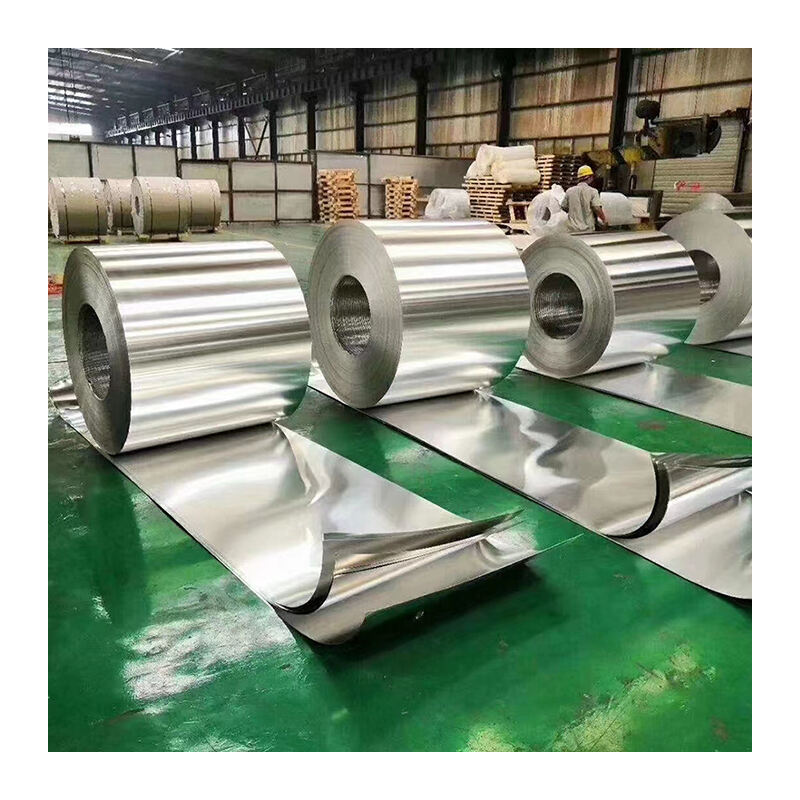Aluminum coils are becoming more important in improving energy efficiency in multiple sectors. This blog will explain how aluminum coils assist different industries in achieving energy savings and the insights which may impact their use in energy-saving technologies.
Aluminum coils are widely used in HVAC appliances, vehicle parts, and electric devices because of their strength-to-weight ratio. Aluminum’s low density reduces a product's weight, energy costs for transportation and installation are decreased. Additionally, aluminum's thermal conductivity permits heat transfer which is final in heating, ventilation, and air conditioning (HVAC) systems. Aluminum coils used in these units help businesses significantly cut energy expenses, in turn lowering operational expenditures while diminishing environmental impact.
The petroleum industry is marking aluminum coils in the construction of modernized lightweight vehicles. The automitive industry has been working vigorously to tackle the challenges of spending fuel and emissions. Manufacturing plants are able to build lighter vehicles that are more energy efficient by using aluminum coils in vehicle designs. This step takes care of encorporated polices and regulations of the industry but also caters to consumers that are highly environmentally aware. Moreover, these green vehicles are sustainable because aluminum is easily recyclable.
Additionally, the electrical industry gains from aluminum coils. Being a lightweight material, aluminum is more affordable than copper when used in power transmission lines and serves the same purpose without compensating on conductivity. Consequently, with the use of aluminum coils in electrical applications, energy loss during transmission is minimzed thus, improving the power distribution systems efficiency. This presentation to the modern world is vital, given that, the electricity demand increases all over the world and energy providers look for new ways to enhance their working systems.
The emplgyment of aluminum coils for energy efficiency propuses coils for HVAC systems, automotive manufacturing, and electrical applications will focus even more on energy conservation. The increasing advances and innovations in the manufacturing of alloys for aluminum coils will only increase their performance characteristics, enabling an even greater range of energy-efficent applications suitable for the coils. With the ever-growing concern for sustainability and carbon footprints in the economy, the Aluminum products that aid in lowering energy consumption and poses minimal to zero impact on the environment are certain to gain traction in the near future.
To put it concisely, the advancements of the aluminum coils are certain to lower the energy consumption in almost all fields maintaining the HVAC systems and boosting automotive industry as well as pumping electricity into the electrical systems. Shaping a better environment and revolutionizing industrial energy aids. In the modern era where everything is focused on renewable sources of energy, enhancing efficiency strategies centered around aluminum could significantly boost operations and yield efficiency.

